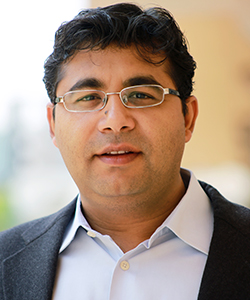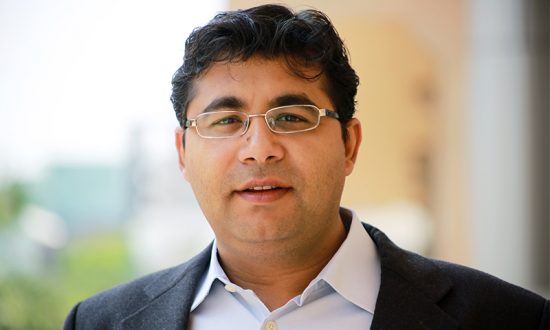Beas Dev Ralhan is the Chief Executive Officer of Next Education India Private Limited, a technology-driven education enterprise, headquartered in Hyderabad. Beas co-founded this educational organisation in 2007 along with Raveendranath Kamath, an IIT Kharagpur alumnus.
The Indian education system has always laid emphasis on a generalised approach to assessments, but times have changed and 21st century India has witnessed a lot of transformation in the education sector ranging from digital classrooms, e-learning platforms to personalised learning and assessment. Among other technology-driven education solutions, the idea of personalised assessments is gradually being accepted. The integration of artificial intelligence with the process of creating assessments is helping us realise this dream. Presently, AI-powered adaptive assessments are considered as one of the finest tools for assessing and evaluating students’ academic performance.
Adaptive assessments – adding a new dimension to assessments
Adaptive assessment is artificial intelligence (AI) and machine learning (ML)-based online test. The computerised-based test starts with questions of medium difficulty. Based on the response by the student, the difficulty level of the questions is either increased or decreased. These tests are designed in such a way that they stop when a certain level of score precision or psychometric degree is achieved.
Personalised evaluation approach to support student outcome
The one-size-fits-all method of assessment leads to poor academic performance in students who are unable to achieve a set benchmark and those who find it difficult to challenge their abilities. In such a scenario, adaptive assessments ensure that students are tested based on their intellect and level of understanding. Therefore, it acts as a morale booster since the chances of discouragement are reduced.
Adaptive assessments have many advantages. Given below is a closer look at how it is beneficial in today’s teaching-learning environment.
Benefits for students
Facilitates easy identification of learning zones: Adaptive assessments provide students questions based on their knowledge and understanding. With the help of adaptive assessments, students can easily understand where they are lacking in terms of conceptual clarity. If a student is not capable of giving answers to a particular type of questions, he or she can focus more on that particular area.
Promotes focussed learning: Once a student identifies his/ her weaker areas, he or she can focus more on those areas. In this way, learning becomes more streamlined and goal-oriented with adaptive assessments.
Provides a fair judgement of the academic progress: With the help of adaptive assessment reports and analytics, a student’s academic progress can be measured thoroughly. Based on the scores and ranking, students get a clear picture of their academic performance vis-a-vis their peers.
Fosters self-learning: As per the algorithm of adaptive assessments, every student gets different sets of question papers, this helps learners to stay motivated and driven in terms of finding out answers of different questions, thus promoting self-learning.
Benefits for teachers
Provides class-wise and student-wise performance reports: Adaptive assessment reports enable teachers to analyse class performance with respect to global test-takers. It also helps them to compare students’ scores on the basis of previously recorded statistics.
Enables faster identification of learning gaps in students: Teachers will get detailed insight on each student’s performance which can help them identify the learning gaps and design personalised learning paths for every student.
Promotes hassle-free creation and evaluation of assessments: Since adaptive assessment is based on artificial intelligence (AI) and machine learning (ML), it helps teachers stay relaxed as test creation and evaluation is no longer a tedious and time-consuming process.
Undoubtedly, adaptive assessments streamline the process of assessment and evaluation of students and empower teachers to measure the disparities in learning and bridge the gaps easily. Therefore, it is important for schools and educational institutions to introduce adaptive assessments to meet every student’s learning needs and provide 21st-century education.
More About Beas Dev Ralhan

Before Next Education, Beas worked as an entrepreneur, investment manager and consultant for around a decade in various firms. In recognition of his immense contribution to the K–12 education segment, CII (Southern Regional) bestowed upon him the ‘Emerging Entrepreneur’ award in 2015. He also received the Indian Education Leader award at the 7th World Education Summit, 2016. Under Beas’ leadership, Next Education has also begun to secure a foothold in the Middle East.




